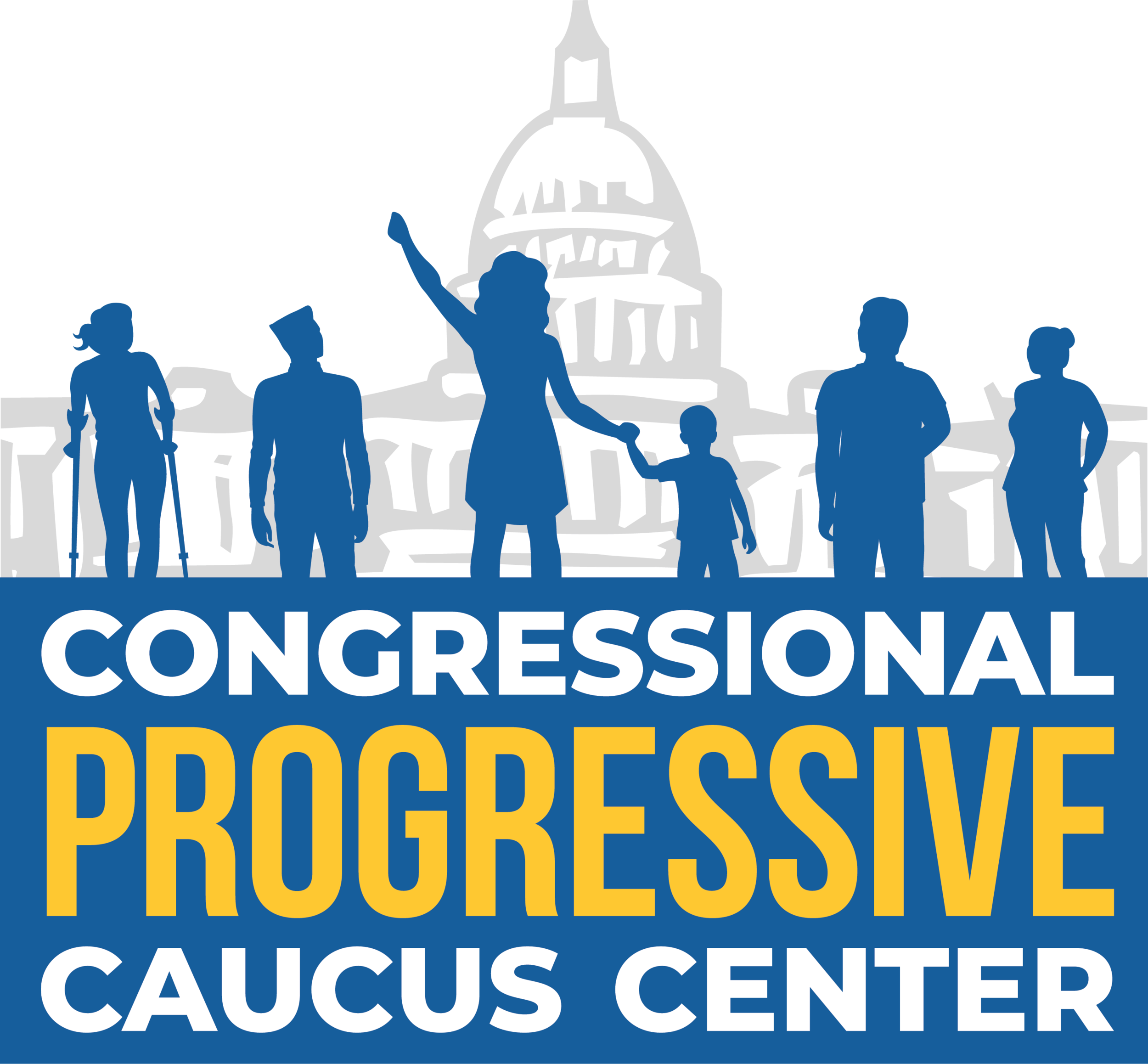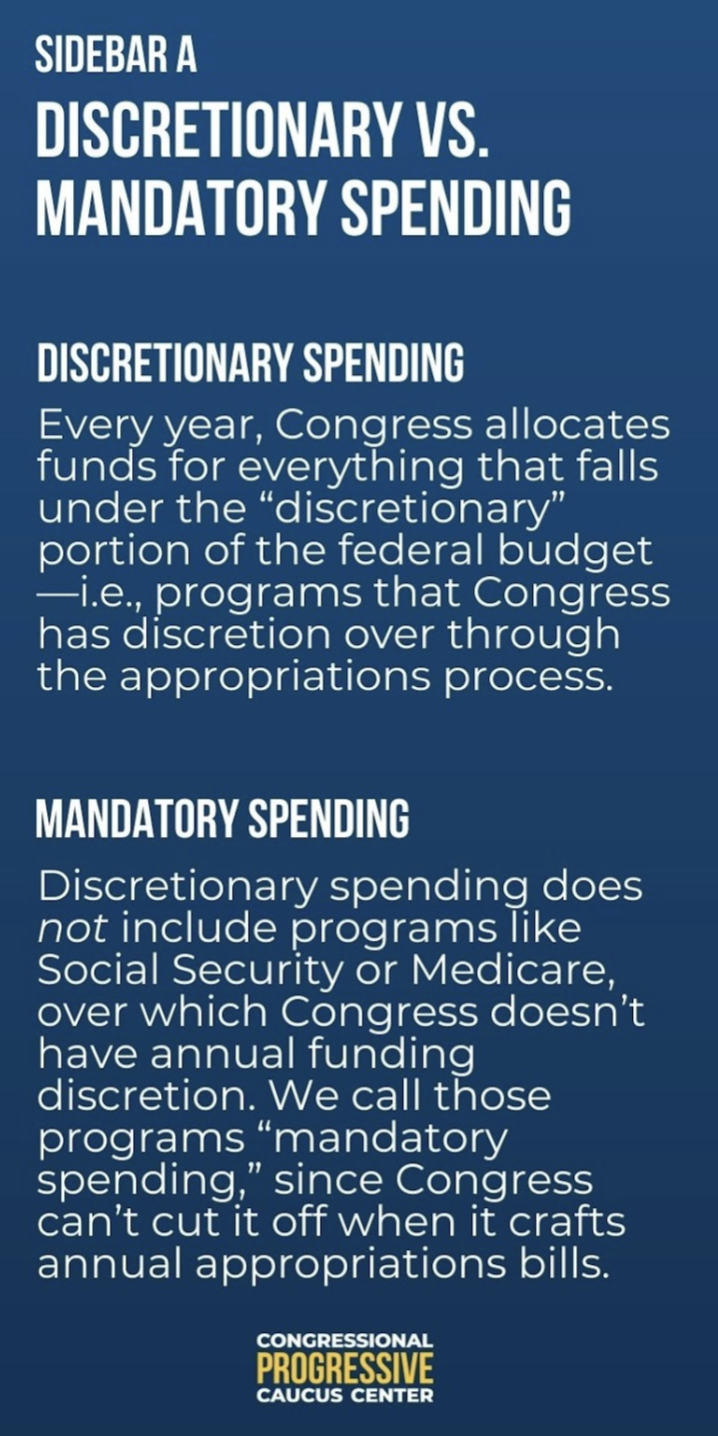May 30, 2025: The GOP megabill's potential fate(s)
Good morning, all,
The House-passed Republican megabill now waits for the GOP-controlled Senate to pass the bill the House sent over, change it and send it back to the House to vote on again, or fail to coalesce around any version at all. Below, we’ll walk through the latter two options and their implications, including the next decision points they’d tee up for Congress.
For a high-level summary of the House-passed bill, see our May 22 update. For a rundown on the reconciliation process Congress is using to advance this megabill, see The Basics of Budget Reconciliation.
If the Senate changes the megabill
WHY IT COULD HAPPEN
Even though the bill just squeaked by in the House, President Trump gave Republican senators the go-ahead to change it—and they seem eager to do just that. Several GOP senators have expressed qualms with a higher SALT deduction cap, a rapid end to clean energy tax credits, forcing SNAP costs onto states, the severity of the bill’s Medicaid cuts, and more. Plus, some provisions may get axed because they don’t adhere to the Senate’s reconciliation rules (a.k.a., they violate the Byrd rule).
While House Speaker Mike Johnson (R-LA) has implored senators not to mess with the package House Republicans crafted, the President’s comments gave senators the green light. On top of that: the Senate has had the final say on all of the reconciliation efforts that have become law over the past 15 years: the Affordable Care Act, the Tax Cuts and Jobs Act, the American Rescue Plan, and the Inflation Reduction Act. Folks may have different opinions on why this happens—e.g., whether House members are more sensitive to White House primary threats, or whether the Senate’s onerous rules for reconciliation bills gives the chamber added leverage.
Either way, recent history is on the Senate’s side.
WHAT WOULD HAPPEN NEXT
House passage, again
Reconciliation’s rules require both chambers to pass an identical bill—meaning, any Senate changes would force the House to vote again on the updated measure before it can go to the President to be signed into law.
As a reminder, Republicans are using this megabill to raise the debt ceiling, which they must do before August to avoid the U.S. defaulting on its debts. If the Senate doesn’t act imminently and approves their changes later in June or July, they’ll put enormous pressure on the House to take or leave whatever the Senate passes. The cost of not taking up the Senate-approved bill would be high for House Republicans, between a looming debt default and resulting economic crisis and, accordingly, major pressure from the White House to get in line.
Odds are that if the Senate can pass something, the House is going to take it—and if they do, House passage would let the bill go to the President to be signed into law.
Dealing with looming Medicare cuts
To be clear: this bill becoming law is not a given, as I’ll get into below. But, for the sake of teasing out the big moments to watch, let’s say the GOP megabill does become law. That will not be the end of Congress’s work related to this bill this year because of something called “statutory PAYGO.” I’ll do my best to explain what this means and its implications without getting too into the weeds, so stay with me!
Statutory PAYGO refers to the Statutory Pay-As-You-Go Act, a 2010 law that mandates automatic cuts to certain mandatory programs in the event legislation adds too much to the federal deficit (see sidebar A for more on “mandatory” programs). According to the nonpartisan Congressional Budget Office (CBO), the Republican megabill falls into that category.
CBO confirmed that by increasing the deficit by $2.3 trillion over the next 10 years—now more like $4 trillion once you account for costly last-minute changes—the Republican megabill will trigger major, automatic cuts on top of those already in the bill itself.
Certain mandatory programs, like Social Security, are exempt from these cuts. Others, like Medicare, are not—though cuts to Medicare are capped at 4 percent. CBO estimates that the GOP megabill will bring about $500 billion in Medicare cuts over the next decade.
Past laws—including the Tax Cuts and Jobs Act (TCJA) and the American Rescue Plan (ARP)—similarly crossed this deficit threshold and would have brought about automatic cuts, had Congress not acted to waive statutory PAYGO or delay its impacts (in a short-term spending bill for the TCJA, and a standalone billplus a short-term spending bill for the ARP).
Congress cannot include that waiver in the GOP megabill itself. Doing so would, again, violate the Byrd rule. Congress must waive statutory PAYGO separately in a bill that’s not moving via reconciliation.
This means in order to avoid massive cuts to Medicare and other programs, Congress must approve a waiver, and it’ll take Democratic support to get that waiver the requisite 60 votes in the Senate.
Should the Republican megabill become law, expect conversations on this waiver to emerge around the next must-pass bill Congress considers—like when government funding expires in September—as well as conversations about what Democrats might demand in exchange for those votes.
If the Senate doesn’t pass anything
WHY IT COULD HAPPEN
As we’ve discussed in previous updates, this bill passing the House does not guarantee it will become law—and the longer discussions drag on in Congress, the more likely negotiations will fall apart entirely.
Let’s say we get to July and the bill is stalled. The expiring tax laws that prompted this entire legislative exercise don’t sunset until the end of the year—however, the U.S. is expected to reach the debt limit in August. Accordingly, Treasury Secretary Scott Bessent has asked Congress to raise or suspend that limit by mid-July.
While the GOP-controlled Congress intends to use their megabill to raise the debt ceiling, it does not have to do this. Congress could pass a standalone bill to raise or suspend the debt limit (reconciliation’s rules only allow Congress to increase the limit, not suspend it).
However, not doing this in the megabill means the GOP loses reconciliation’s big benefit of getting through the Senate with just a simple majority vote.
WHAT WOULD HAPPEN NEXT
If the reconciliation effort stalls and the debt ceiling has to move independently, that measure will take 60 Senate votes to pass—meaning, Republicans must secure Democratic votes.
This gives Democrats in the Senate substantial leverage to extract concessions from Republicans, as Republicans have historically done when the roles have been reversed. While Republicans may not want to have that negotiation, if the megabill is at a standstill, they may have to in order to avoid a debt default and the resulting economic fallout on President Trump’s watch.
We’ll keep you posted no matter what happens.



